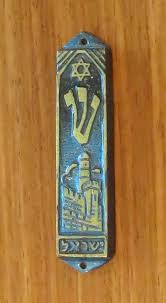18
Second World War
by yudaica2013 ·
you need only read 18th – and 19th – century novels to realise how much effort what expended (at least by the middle classes) in matchmaking for their sons and daughters. One of the most famous first lines in English literature is that of Jane Austen’s pride and prejudice, with its concern for rich men “in search of a wife”. All her readers knew perfectly well the seriousness of matchmaking. That what what gave the book its contemporary popularity. We are as concerned today about how young people find their mates. In the early part of the 20th century indeed, until the Second World War the upper classes in Britain had a careful system of match-making involving presentation at the royal court, the giving of private parties and balls with carefully controlled guest lists and fierce chaperonage of virginal females.
Those who look further afield than the world of the upper and middle classes want to see that, for many decades, there has flourished a system of matchmaking that enjoys a high success rate. That its use is confined to ethnic subgroups should not prevent it from being of excellent example to the rest of US. Jewish, Asian and, to map extent, Greek and Turkish Cypriot families have long used matchmaking system. In the majority of cases, it has worked superbly, never needed because what coercion. When young people, especially females, are kept under close watch by their elders, the only chance the young have for adult freedom and a regular sex life is marriage.
Having someone presented to you who is of similar background, tastes and values is excellent way of making the presentee appear highly desirable. It may not be love at first sight, but it frequently becomes love. It is not surprising that the classic Indian love story is not boy finds girl, boy gets girl, happy ever after, but husband marries wife, both fall in love, HEA.
Tags: family, friends & relationship


